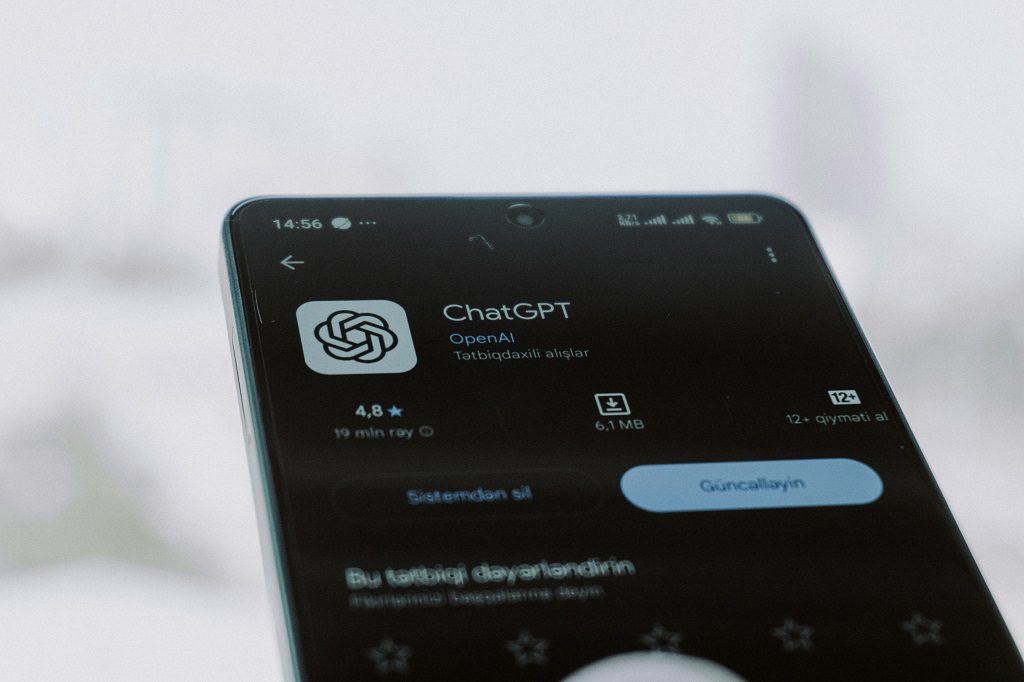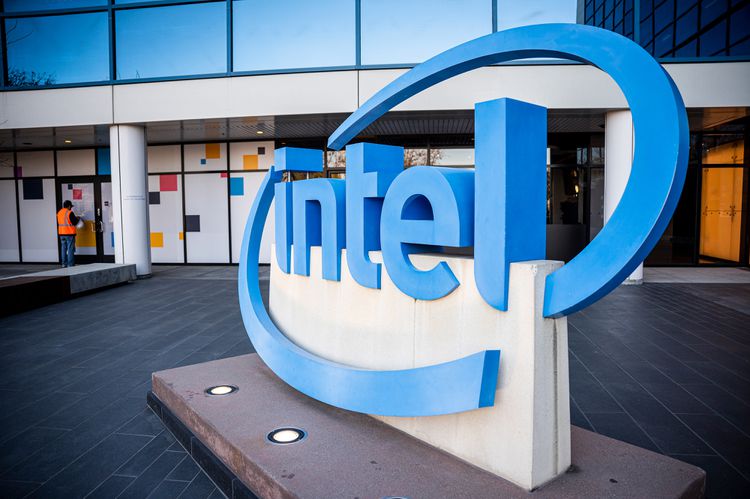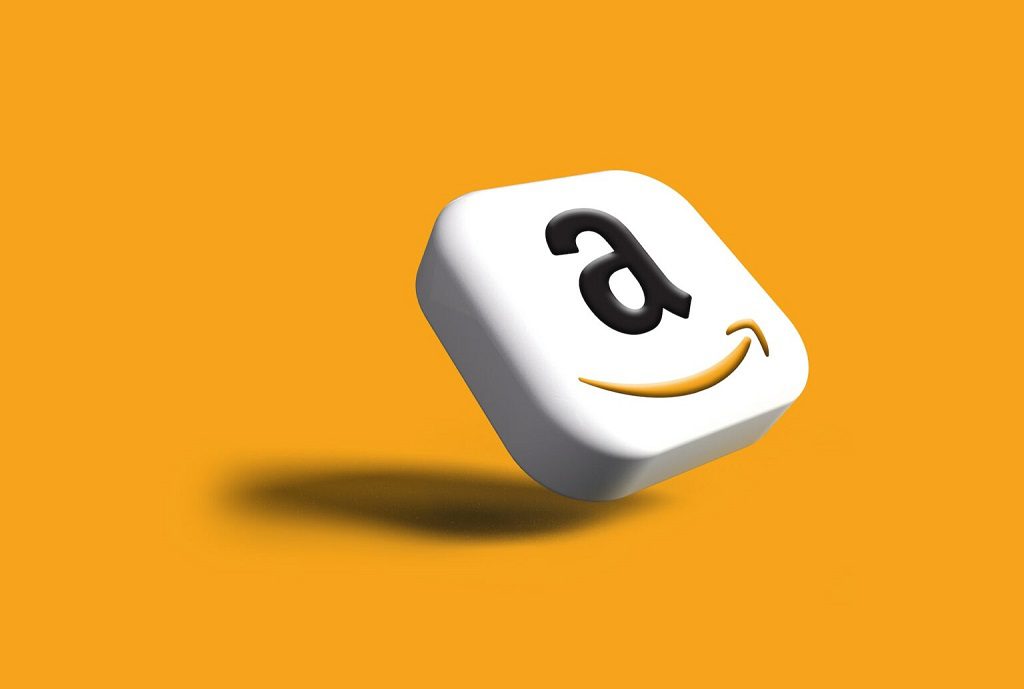
Free GPT-5 for Everyone is OpenAI CEO Sam Altman’s ambitious vision to democratize artificial intelligence. Announced in July 2025, Altman envisions a future where every individual on Earth has access to a continuously running copy of GPT-5, OpenAI’s next-generation AI model. This revolutionary idea promises to transform global productivity, education, and communication, especially in developing nations. By offering artificial intelligence at a fraction of current costs, Altman believes societies can leapfrog traditional technological barriers. However, this bold plan raises critical questions about ethical implications, societal impacts, and potential risks. This article explores the promise and challenges of Altman’s vision, its global implications, and what it means for the future.
Key Takeaways
- Sam Altman proposes free access to GPT-5 for everyone, aiming to enhance global productivity.
- Developing nations could benefit significantly from AI-driven advancements.
- Ethical concerns include data privacy, AI misuse, and economic disruptions.
- The plan requires massive computational resources and robust governance.
- AI accessibility could reshape education, communication, and economic systems.
The Vision Behind Free GPT-5 for Everyone
Sam Altman, the driving force behind OpenAI, shared his vision at the Federal Reserve Capital Framework conference in July 2025. He stated, “I’m very interested in what it would mean to give everyone on Earth free copies of GPT-5, running for them all the time, with every business truly enabled by this level of technology.” This statement, posted on X, sparked global conversations about AI accessibility. Altman believes that providing GPT-5 at no cost could reduce AI operational costs to 1/100th of current levels, transforming economies worldwide.
Contents
- 1 Why Free AI Matters
- 2 The Role of GPT-5
- 3 Boosting Global Productivity
- 4 Transforming Education
- 5 Enhancing Communication
- 6 Empowering Developing Nations
- 7 Data Privacy Concerns
- 8 Risk of Misuse
- 9 Economic Disruptions
- 10 Economic Transformation
- 11 Educational Equity
- 12 Social Dynamics
- 13 Computational Demands
- 14 Regulatory Hurdles
- 15 Security Risks
- 16 Simplifying AI Access
- 17 Global Expansion
- 18 Collaborative Governance
- 19 Public Sentiment
Why Free AI Matters
Altman’s vision is rooted in the belief that artificial intelligence can be a great equalizer. By making GPT-5 freely available, OpenAI aims to empower individuals and businesses, particularly in underserved regions. This could accelerate innovation in sectors like healthcare, education, and agriculture. For example, AI-driven tools could optimize crop yields in developing nations or provide real-time language translation for global communication.
The Role of GPT-5
GPT-5, expected to launch in 2025, is touted as a unified model integrating advanced reasoning and multimodal capabilities. Unlike its predecessors, it will combine the strengths of OpenAI’s GPT and o-series models, offering seamless performance for both quick answers and complex problem-solving. Altman’s roadmap suggests GPT-5 will be a stepping stone toward artificial general intelligence (AGI), capable of performing tasks at or beyond human levels.
Potential Benefits of Free GPT-5
Altman’s plan could redefine how societies function. Here are the key areas where Free GPT-5 for Everyone could make a significant impact:
Boosting Global Productivity
AI has already shown its potential to enhance productivity. For instance, Klarna’s AI assistant, powered by OpenAI, replaced 700 customer service agents, handling 2.3 million conversations in a month. With GPT-5, businesses could automate complex tasks, from data analysis to content creation, at near-zero cost. This could lead to unprecedented efficiency gains across industries.
Table: AI Productivity Impacts by Sector
| Sector | Current AI Use Case | Potential GPT-5 Impact |
|---|---|---|
| Healthcare | Diagnostic tools, patient data analysis | Real-time diagnostics, personalized treatment plans |
| Education | Personalized learning platforms | Universal access to tailored education resources |
| Agriculture | Crop monitoring, yield prediction | Optimized farming techniques, reduced costs |
| Customer Service | Chatbots for basic inquiries | Advanced AI agents handling complex interactions |
Transforming Education
Education stands to gain immensely from free GPT-5. OpenAI’s ChatGPT Edu, launched in 2024, already provides universities with access to advanced models. Free GPT-5 could extend this to individuals, offering personalized tutoring, language learning, and skill development. In developing nations, where access to quality education is limited, this could bridge critical gaps.
Enhancing Communication
GPT-5’s multimodal capabilities, including text, image, and potentially video processing, could revolutionize communication. Real-time translation and content generation could break down language barriers, fostering global collaboration. For example, businesses in remote regions could connect with international markets using AI-driven tools.
Empowering Developing Nations
Developing nations could leapfrog traditional technological evolution. With GPT-5, small businesses in Africa or Southeast Asia could access sophisticated AI tools without heavy investments. This could spur economic growth, create jobs, and reduce dependency on outdated infrastructure. Altman’s vision aligns with OpenAI’s “OpenAI for Countries” program, which aims to customize AI for local needs.
Ethical Implications of Widespread AI Access
While the benefits are compelling, Free GPT-5 for Everyone raises significant ethical implications. Experts warn that unchecked AI distribution could lead to unintended consequences.
Data Privacy Concerns
Mass AI adoption requires vast amounts of data. GPT-5’s continuous operation could collect sensitive user information, raising privacy concerns. OpenAI’s past controversies, such as allegations of non-disparagement agreements, highlight the need for transparent data practices.
Risk of Misuse
Free AI could be exploited for malicious purposes, such as spreading misinformation or creating deepfakes. Posts on X have highlighted concerns about AI “hallucinations” and parasocial bonds, where users form unhealthy attachments to AI systems. Robust safeguards are essential to prevent abuse.
Economic Disruptions
Altman predicts that GPT-5 could replace 95% of creative marketing work, potentially leading to job losses. While new roles may emerge, rapid AI adoption could disrupt labor markets, especially in industries reliant on human creativity.
Listicle: Top Ethical Concerns with Free GPT-5
- Data Privacy: Continuous AI use could lead to unauthorized data collection.
- Misinformation: AI-generated content might spread false narratives.
- Job Displacement: Automation could reduce demand for certain skills.
- Digital Divide: Unequal access to infrastructure could exacerbate inequalities.
- AI Dependence: Overreliance on AI might weaken human decision-making.
Societal Impacts of Free GPT-5
The societal implications of Altman’s plan are profound. Free GPT-5 for Everyone could reshape economies, education systems, and social interactions.
Economic Transformation
By reducing AI costs, GPT-5 could democratize access to advanced technology. Small businesses could compete with larger corporations, fostering innovation. However, economies heavily reliant on manual labor might face challenges adapting to AI-driven workflows.
Educational Equity
Free AI could provide universal access to high-quality education. Students in remote areas could learn from AI tutors, while professionals could upskill using tailored resources. However, digital infrastructure gaps could limit access in some regions.
Social Dynamics
Widespread AI use might alter how people interact. GPT-5 could enhance virtual collaboration but also risks creating echo chambers or reducing face-to-face communication. Balancing AI integration with human connection will be crucial.
Potential Risks and Challenges
Altman’s vision is not without risks. Implementing Free GPT-5 for Everyone requires overcoming significant hurdles.
Computational Demands
GPT-5 is expected to require 250,000 to 500,000 Nvidia H100 GPUs or equivalent for training. Providing continuous access to billions of users demands unprecedented computational resources. OpenAI’s partnership with CoreWeave, valued at $11.9 billion, aims to address this, but scalability remains a challenge.
Regulatory Hurdles
Global AI regulations vary widely. Posts on X suggest that a free GPT-5 rollout could face regulatory chaos in some regions. Harmonizing policies across nations will be critical to ensure fair access and safety.
Security Risks
OpenAI’s history of security concerns, including allegations of industrial espionage by competitors like DeepSeek, underscores the need for robust safeguards. Free AI could attract cyberattacks, necessitating advanced security measures.
Table: Key Challenges in Implementing Free GPT-5
| Challenge | Description | Potential Solution |
|---|---|---|
| Computational Resources | Massive GPU requirements for training and operation | Partnerships with cloud providers like CoreWeave |
| Regulatory Compliance | Varying global AI laws | Collaborate with international regulators |
| Security Risks | Potential for cyberattacks and data breaches | Enhanced encryption and monitoring systems |
| Infrastructure Gaps | Limited internet access in developing regions | Invest in global digital infrastructure |
OpenAI’s Track Record and Future Plans
OpenAI has a history of bold moves. From launching ChatGPT in 2022 to reaching 400 million weekly active users by February 2025, the organization has driven the AI boom. However, controversies, such as Altman’s brief ousting in 2023, highlight governance challenges.
Simplifying AI Access
Altman’s roadmap emphasizes a unified AI system. GPT-5 will integrate reasoning and multimodal capabilities, eliminating the need for users to choose between models. This “magic unified intelligence” aims to make AI intuitive and accessible.
Global Expansion
OpenAI’s “OpenAI for Countries” initiative will customize AI for local languages and needs. This aligns with Altman’s vision of empowering developing nations, ensuring GPT-5 meets diverse global demands.
The Road Ahead for Free GPT-5
Altman’s plan is ambitious but achievable. OpenAI’s partnerships with Microsoft, CoreWeave, and others provide the financial and technical backing needed. However, success depends on addressing ethical, technical, and regulatory challenges.
Collaborative Governance
OpenAI’s shift from a non-profit to a capped-profit model in 2019 sparked debates about its mission. Ensuring that Free GPT-5 for Everyone benefits humanity requires transparent governance and stakeholder collaboration.
Public Sentiment
Posts on X reflect mixed sentiments. Some users, like @Sumeetmountain, are excited about free GPT-5, while others, like @CuriousCatsAI, urge caution due to ethical concerns. Public trust will be key to the plan’s success.
Summary
Sam Altman’s vision of Free GPT-5 for Everyone is a game-changer. By providing universal access to advanced AI, OpenAI aims to revolutionize productivity, education, and communication. Developing nations could leapfrog technological barriers, while businesses could operate at unprecedented efficiency. However, ethical implications, such as data privacy and job displacement, pose significant challenges. Technical hurdles, like computational demands and regulatory compliance, must also be addressed. If successful, GPT-5 could usher in a new era of AI accessibility, but careful planning is essential to mitigate risks and maximize benefits.
Frequently Asked Questions (FAQs)
- What is Free GPT-5 for Everyone?
It’s Sam Altman’s plan to provide every person on Earth with a free, continuously running copy of GPT-5, OpenAI’s advanced AI model, to enhance global productivity. - When will GPT-5 be released?
OpenAI expects to release GPT-5 in 2025, though an exact date hasn’t been confirmed. - How will Free GPT-5 benefit developing nations?
It could provide access to advanced AI tools, enabling economic growth, better education, and improved communication without heavy infrastructure costs. - What are the ethical concerns with Free GPT-5?
Concerns include data privacy, AI misuse for misinformation, and potential job losses due to automation. - How will OpenAI manage the computational demands of GPT-5?
Partnerships with cloud providers like CoreWeave and investments in AI chips aim to meet the massive GPU requirements. - Will Free GPT-5 be safe to use?
OpenAI is enhancing security measures, but risks like cyberattacks and data breaches remain challenges. - How will GPT-5 differ from previous models?
GPT-5 will integrate reasoning and multimodal capabilities, offering a unified, intuitive AI experience. - Can Free GPT-5 lead to job losses?
Yes, automation could disrupt jobs, especially in creative and customer service sectors, but new roles may emerge. - How will OpenAI ensure equitable access?
The “OpenAI for Countries” program will customize AI for local needs, addressing infrastructure gaps. - What are the regulatory challenges for Free GPT-5?
Varying global AI laws could complicate rollout, requiring collaboration with international regulators.
STAY AHEAD OF THE CURVE WITH THE LATEST TECH INSIGHTS AND UPDATES! FOR MORE TECH-RELATED NEWS, VISIT TECHBEAMS.



